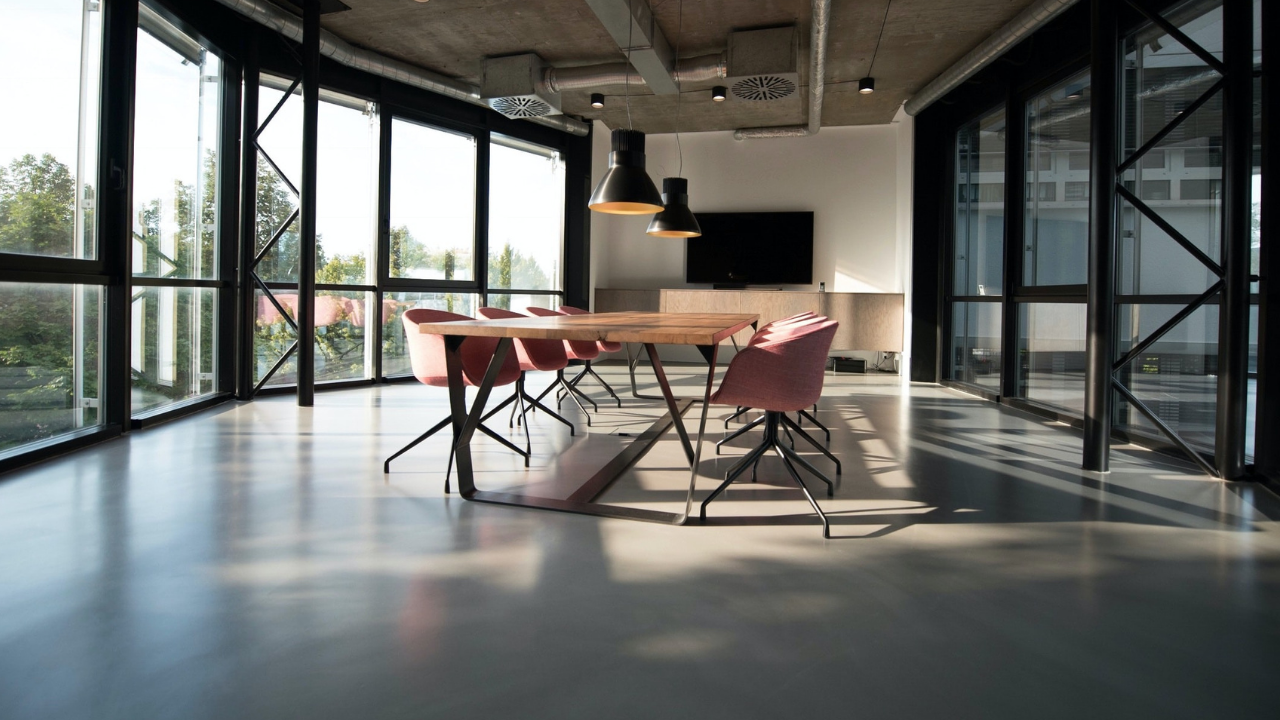The pandemic has changed our everyday lives, from the moment we log into work until the time we come back home (which may be in the same place).
Commercial real estate experts, particularly those in the office industry, are being forced to reevaluate what they know and adapt to changing needs.
While experts have long predicted these changes, the acceleration in which they have become reality was unexpected. What this all equates to is a workplace that emphasizes digital integration, flexibility and an improved employee experience.
For instance, Marx Realty provides an app for tenants’ office usage, warns if they are standing too close to someone and more to keep occupants safe when in a workspace.
According to Cushman & Wakefield’s “The Future of Workplace” report, 73% of 50,000 respondents said they anticipate their companies to offer some sort of flexible policy indefinitely.
“Before, the presumption was, I have to be in the office, because that’s the place I get my work done, and things will only work if most of us are there,” said Aditya Sanghvi, a senior partner at consultancy McKinsey & Co. and co-author of the firm’s “Reimagining the office and work life after COVID-19” report. “That notion is gone.”
However, offices will still be a necessity and serve its own role in the future of the workforce. Specifically, the physical workplace will be one that features touchless technology, modern air filtration systems, movable walls to seamlessly transform workspaces into private offices and much more.

 Dr. Gleb Tsipursky – The Office Whisperer
Dr. Gleb Tsipursky – The Office Whisperer Cat Johnson – Coworking Marketing Maven
Cat Johnson – Coworking Marketing Maven Angela Howard – Culture Expert
Angela Howard – Culture Expert Drew Jones – Design & Innovation
Drew Jones – Design & Innovation Andrea Pirrotti-Dranchak – Competitive Advantage
Andrea Pirrotti-Dranchak – Competitive Advantage Jonathan Price – CRE & Flex Expert
Jonathan Price – CRE & Flex Expert Jeremy Fennema – Tech Innovation Alchemist
Jeremy Fennema – Tech Innovation Alchemist







